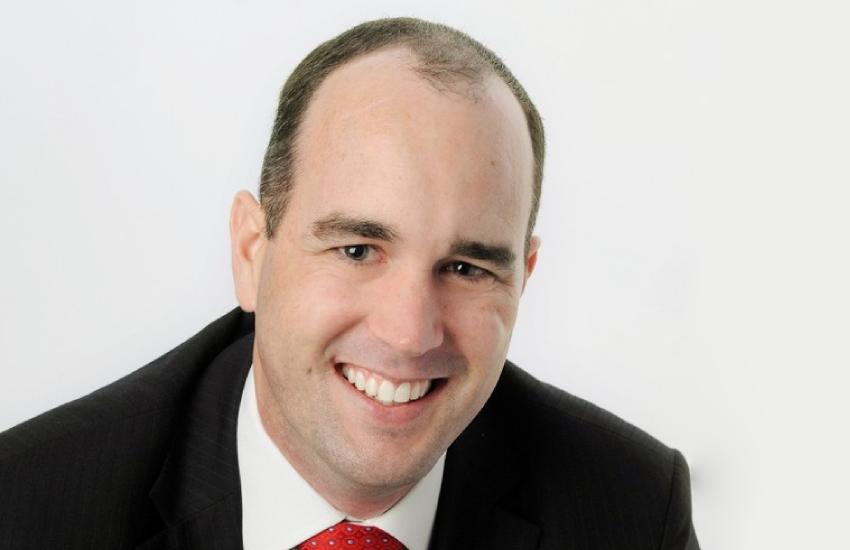Fresh research points to licensing regime failings
With a third of SMSF professionals unlicensed and this number tipped to grow, it is evident that the limited licensing regime has reduced access to advice and has failed its policy intent, according to recent research.
In the latest Future of SMSF Report 2018, Smarter SMSF chief executive Aaron Dunn said that while the quality of advice still remains at the forefront of the regulators, there is no question that a re-calibration of the rules of engagement to advise SMSF members is needed.
“In its simplest form, it is not about reinstating the accountants’ exemption and setting up framework that pits accountants against financial planners. Rather, we need to question how SMSFs fit into the financial product framework, particularly delineating between strategic and investment advice,” said Mr Dunn.
Based on the 488 respondents in the survey this year, 35.8 per cent of professionals remain unlicensed.
The report noted that the number of unlicensed SMSF professionals is particularly high among smaller sized practices with revenue below $500,000, with 60 per cent of practitioners in these businesses unlicensed.
Among respondents in larger firms, on the other hand, only 2.6 per cent are unlicensed.
“When looking at the barriers to entry within a practice for moving to licensing, the primary issue is around the cost of licensing at 43.8 per cent,” the report said.
“This is followed by a difficulty to attract enough revenue to justify the cost at 40.3 per cent.”
Mr Dunn said the outcomes from introducing limited licensing have clearly not achieved their policy intent.
“Against the backdrop of the royal commission, it provides a perfect opportunity to re-explore the policy setting to ensure that advice is not encouraged but is readily available for those who need it at different stages of life,” said Mr Dunn.
“What this could entail is that it may require accountants or administrators to also need to become regulated as an SMSF service provider, but that's a discussion that needs to be had post royal commission.”
The report also indicated that new SMSFs are increasingly skewed towards specialist businesses.
The research indicates that the new business generated by specialists is nearly three times that of a generalist business.
The report also showed, however, that the number of professionals looking to pursue an industry-recognised SMSF specialist designation has decreased from 48 per cent in 2014 down to 37 per cent.
Around 72 per cent of respondents don’t have any recognised SMSF specialist qualification, with 29.9 per cent believing it is unnecessary and a further 32.8 per cent unsure as to its merits.
“Against a backdrop of changes to advice standards and regulations around the quality of SMSF advice, this provides both an industry opportunity to improve education, but also a key challenge of being able to demonstrate perceived value of specialisation, unless further regulated by government,” said the report.

Miranda Brownlee
Miranda Brownlee is the deputy editor of SMSF Adviser, which is the leading source of news, strategy and educational content for professionals working in the SMSF sector.
Since joining the team in 2014, Miranda has been responsible for breaking some of the biggest superannuation stories in Australia, and has reported extensively on technical strategy and legislative updates.
Miranda also has broad business and financial services reporting experience, having written for titles including Investor Daily, ifa and Accountants Daily.








